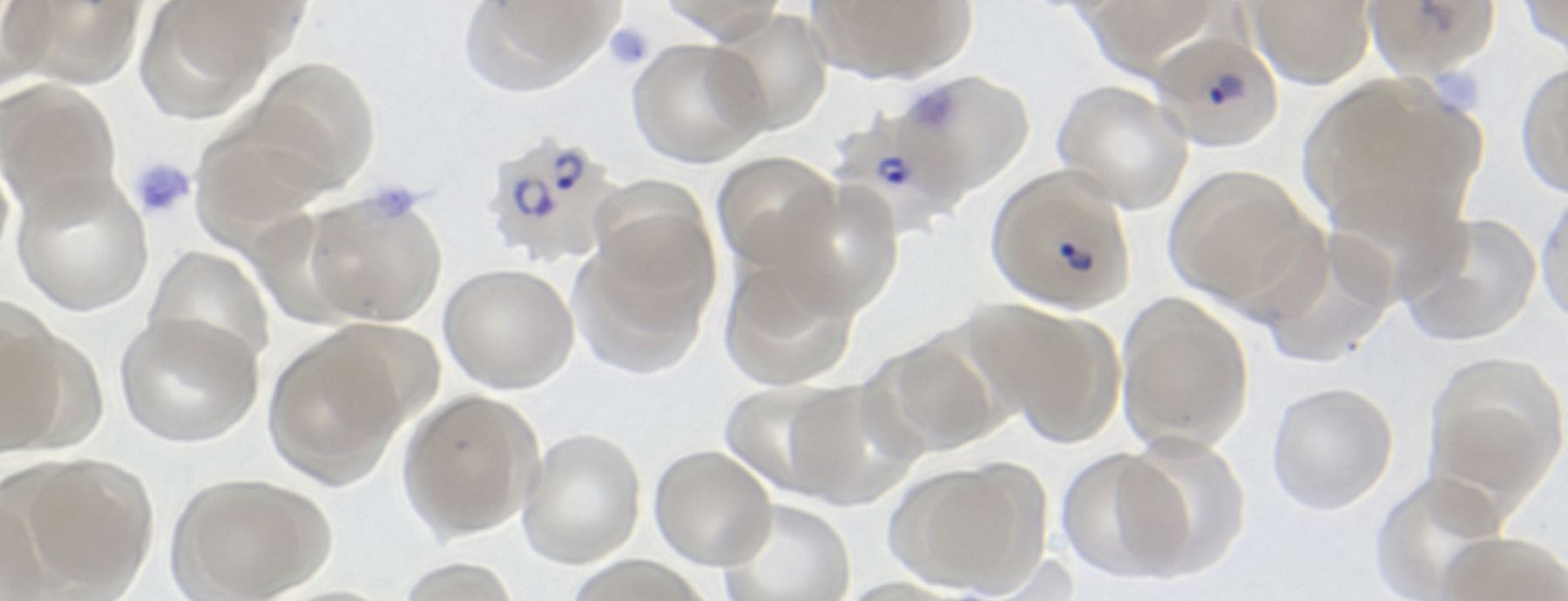Vaccination of a host can modify a pathogen’s environment in ways that are important in driving pathogen evolution. Most obviously, the molecules targeted by vaccine-induced immunity can change, undermining the efficacy of the vaccine against the infection it is meant to control. Alternatively, vaccination could also allow more virulent pathogens to be favored in vaccinated hosts, generating pathogens that cause more harm when they infect unvaccinated individuals.
CIDD researchers including Andrew Read and Victoria Barclay were able to test these potential consequences of vaccination using a rodent malaria parasite in laboratory mice. By vaccinating the mice with a malaria antigen currently employed in human trials, they found that a more virulent parasite clone was less well controlled by vaccine-induced immunity than was its less virulent ancestor. They then passaged parasites through unvaccinated or vaccinated mice to study how the parasites might evolve after multiple generations of infection. Though the parasite molecule targeted by the vaccine did not change during this process, the parasites became more virulent as they evolved in vaccinated hosts. Their data provides important evidence that some vaccines can drive the evolution of more virulent parasites.
Synopsis adapted from "Author Summary"
Written By: Barclay VC, Sim D, Chan BHK, Nell LA, Rabaa MA, Bell AS, Anders RF, & Read AF
Paper Url: http://www.plosbiology.org/article/info%3Adoi%2F10.1371%2Fjournal.pbio.1001368
Journal: 10: e1001368
Journal Reference: 10: e1001368
Paper Id: 10.1371/journal.pbio.1001368
